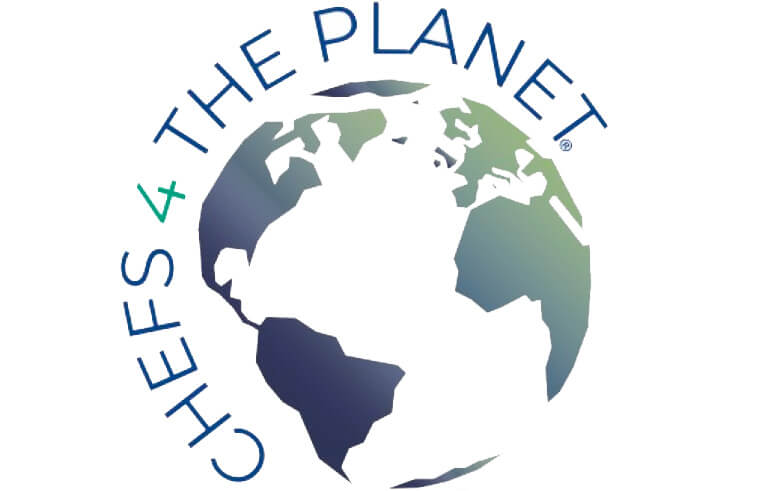Rome/Baltimore/Geneva, June 1, 2020– The Food and Agriculture Organization of the United Nations, The Global Alliance for Improved Nutrition, and The Johns Hopkins Alliance for a Healthier World today launched a new easy-to-navigate online tool designed to help decision makers understand their food systems, identify their levers of change, and decide which ones to pull.
Food systems encompass an entire range of actors – including, but not limited to, farmers, traders, processors, wholesalers, distributors, retailers, and consumers – and the processes that get food from the fields to markets to tables. Well-functioning food systems can ensure the availability, accessibility, and affordability of nutritious foods for healthy diets.
The Food Systems Dashboard is a unique holistic resource intended for policymakers, non-governmental organisations, businesses, civil society leaders, and other actors to enable timely visualisation of national food systems, understand the interconnections across multiple sectors, perform comparisons with other countries, identify key challenges, and prioritise actions.
“What struck us back in 2017 while working on the UN High Level Panel of Experts on Food Systems and Nutrition Report was the lack of accessible, organised, quality-checked information on food systems. Without that data, it’s difficult to identify the best evidence-based actions that could improve food systems,” said Johns Hopkins Global Food Ethics and Policy Program Director Jessica Fanzo. “It was really important to us, given the level of complexity and interconnections inherent to food systems, that the data be presented in a way that is easily usable – and that’s what the Dashboard does. Now decision makers have easy access to both data and to policy advice that is specific to their situations.”
The Dashboard houses food systems of more than 230 countries and territories by bringing together data for over 170 indicators from 35 sources. It will enable stakeholders to compare their food systems with those of other countries, and will provide guidance on potential priority actions to improve food systems’ impacts on diets and nutrition.
Read more: http://www.fao.org/news/story/en/item/1278464/icode/


